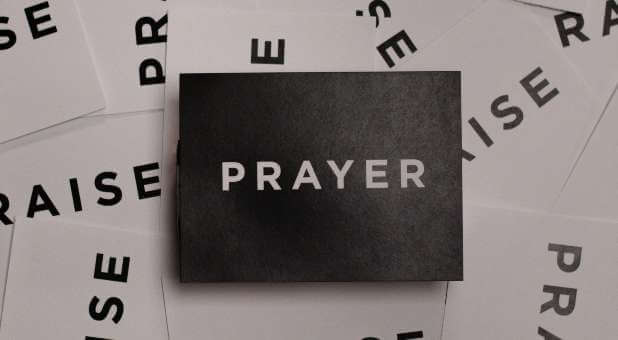Many leaders use the term “house of prayer” to describe what they want their churches to become. Most of them mean they want more prayer to take place or prayer to be central to their ministries. What does the phrase mean biblically?
In Matthew 21, Jesus cast the money changers out of the temple. Jesus said, “It is written, ‘My house shall be called a house of prayer,’ but you have made it ‘a den of thieves'” (v. 13). After this, Matthew records, “The blind and the lame came to Him in the temple, and He healed them” (v. 14). That is a picture of what a house of prayer really is.
While some may use the story to teach that we shouldn’t sell CDs and books in church, that’s probably not what Jesus was getting at. The money changers were charging exorbitant rates for sacrificial animals, implying that the animals brought by the people were not good enough. They had people over a barrel, keeping some from worshipping.
That’s why Jesus quoted Isaiah 56 when he threw out the money changers. Throughout the passage, outcasts of Hebrew society (eunuchs and foreigners) were able to freely worship in God’s temple: “‘Their burnt offerings and sacrifices will be accepted on my altar; for my house will be called a house of prayer for all nations'” (v. 7). A house of prayer is a place of acceptance—a church that will welcome everyone and shun no one. The house of prayer has no barriers to prevent people from seeking God.
That’s easier said than done. No matter how free from prejudice we may appear, we tend to feel more comfortable in churches with people who are like us—in the same socioeconomic class, race or season of life. Usually, we choose which church to attend by asking, “How is it going to meet my needs?” When that happens, we can’t help but give off “not-for-you” vibes to anyone who is different.
The only way for a church to overcome its exclusivity is for its people to learn about God’s heart and to look at things through His eyes. No one can understand the Father’s heart without prayer! A prayerless person or church cannot and will not see things through God’s eyes. It’s impossible to act in God’s love and power without knowing His heart.
As churches and individuals, we need to consistently increase our levels of prayer and allow Jesus to infuse His life and heart within us. Prayer causes us to draw more freely from the vine. Remember, Jesus said: “I am the vine, you are the branches. He who remains in Me, and I in him, bears much fruit. For without Me you can do nothing. … If you remain in Me, and My words remain in you, you will ask whatever you desire, and it shall be done for you” (John 15:5, 7).
Jonathan Graf explores the topic of what it means to be a house of prayer in the latest episode of Pray Beyond on Charisma Podcast Network. {eoa}
Jonathan Graf is the president of the Church Prayer Leaders Network, the publisher of Prayer Connect magazine and author of numerous books on prayer including Developing Dynamic Prayer in a Church.











































